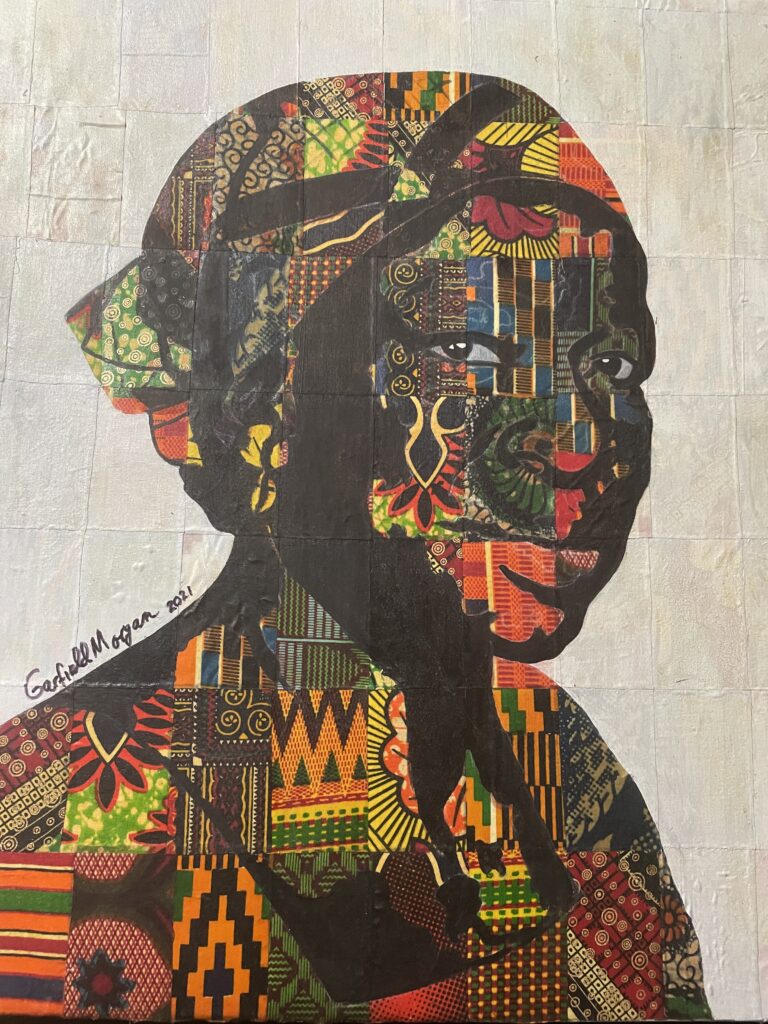Students’ accommodation at African universities in crisis

The days when university students enjoyed living in decent rooms seem to be long gone. Many reminisce about the times when porters at their halls of residence and employees at the university restaurant treated students with great respect. Some recall that they were attended to by western workers, in the restaurants. What all this says is the fact that living conditions on university campuses in most African countries have drastically deteriorated.
Appalling living conditions on University Campuses in Ghana
Insalubrity is the common denominator. Hygiene is extremely poor, large numbers of students live in a single room, balconies are turned into rooms, and storage space is hurriedly converted into rooms. Let’s ponder the situation in two West African countries: the University of Cape Coast in Ghana, and the University of Lagos, Nsukka, Nigeria.
The University of Cape Coast was established in 1962 with the aim of training tutors. Halls of residence include: Atlantic Hall (ATL), Adehye Hall, SRC Hall (which was built by the Student Representative Council) and Superannuation Hall (founded by a joint effort of lecturers’ union and the public sector). The first two are public, while the last two are semi-public, since non-public bodies have a share in them. Atlantic Hall, a mixed hall with male and female students, have five students in a room. Adeheye Hall is solely for ladies, and a room intended to accommodate two or three ladies is crammed with eight. The same overcrowding applies to the other public halls of the University of Cape Coast: Valco, Casford, and Oguaa halls. The semi-public halls are slightly better. It is disheartening to see young men and women struggling through such difficulties especially considering that accommodation costs more than tuition. Robberies are common due to many reasons. Insufficient security officers, some are untrustworthy since no criminal background check is conducted as part of their recruitment process.
The University of Nigeria, Nsukka
Recently, students in the University of Nigeria, Nsukka demonstrated because of the lack of accommodation. With over 40,000 students and a yearly intake of about 10,000, hostels in that university could barely accommodate one-third of the students. Circulating on social media were the deplorable conditions in Nkurumah Hall, one of the oldest halls in the institution. Students had no steady power supply for three months and relied on generators and intermittent power supply; they complained that hostels stank because there was no water. For several months, students bemoaned the bad state of the hostels. Eventually, the central administration sent staff from Works Department to remove every electrical installation from their rooms with a promise to renovate the rooms within a few weeks. Nothing was done, resulting to the students’ makeshift electrical installations.
Private hostels: the unsuccessful solution in Cape Coast
While this horrendous accommodation situation shakes campuses, individuals embark building private hostels. A considerable number of lecturers and investors from all walks of life build hostels or private halls of residence, in the vicinity of the university. The demand is created as the response to the increasing number of students is that universities allow only first year students to reside on campus. For the subsequent three years, students reside outside campus. Those hostels are overcrowded, sanitary conditions are poor, costs are higher than they are in halls of residence on campus, and the owners of these hostels increase prices as they please. The cost of water and electricity is factored into the cost for accommodation, water supply is seriously unreliable, and so is electricity supply. While school fees gravitate around 1,000 Ghana cedis per year, private accommodation costs 5,000 to 6,000 Ghana cedis per year. Security is more precarious inside the hostel and on the way to the classroom on campus. Students are attacked on a regular basis, especially when they take shortcuts. The only advantage is the relative comfort in the rooms in those private hostels in Cape Coast with only two students in a room, and furniture is available when students move in (beds, wardrobe, desk(s). Air conditioning is available in some cases, and the “landlords” sometimes ensure constant water and electricity supply. It is common to hear that many of those landlords, owners or caretakers have no respect for students.
So, the solution to the accommodation crisis is not private hostels, but an honest partnership between the public sector and unions like that of lecturers, a partnership that resulted in the establishment of the Superannuation Hall which is a real improvement. The SRC Hall which was also erected by an agreement between student organizations and the university authorities also provides better conditions for students. The solution in the cases of the University of Cape Coast and the University of Nigeria Nsukka is obviously to make students’ accommodation a priority which is preciously guarded by the Office of the Dean of Student Affairs. One of the concrete strategies could be building annexes to the traditional halls as was done at the University of Ghana, Legon, in Accra.
General economic crisis
No country escapes the sudden resurgence of vertiginous increase in prices, in all spheres of life. The cost of living increased two or three times within two months in Ghana and Nigeria. No country in the world seems to have escaped increases in cost of living. This is linked to the increased fuel price, triggered or worsened by the Russian invasion of Ukraine. The education sector bears the brunt of this crisis. School fees have increased, students find it difficult getting accommodation and feeding themselves. Many of my students say that while the instructor is teaching, their mind is on “where their next meal will come from”. It is almost impossible for students to run photocopies or buy teaching manuals because they simply cannot afford and their parents cannot help. Moral values are debased as female students resort to inappropriate ways to make both ends meet and male students struggle in their own ways. Can we expect anything good in the future when students cannot concentrate in class because they are hungry? Isn’t it dangerous when instructors find it hard to make up-to-date lesson notes because they do not have the money to buy the most recent books in their area of expertise?
Moussa Traoré is Associate Professor at the Department of English of the University of Cape Coast, Ghana.






